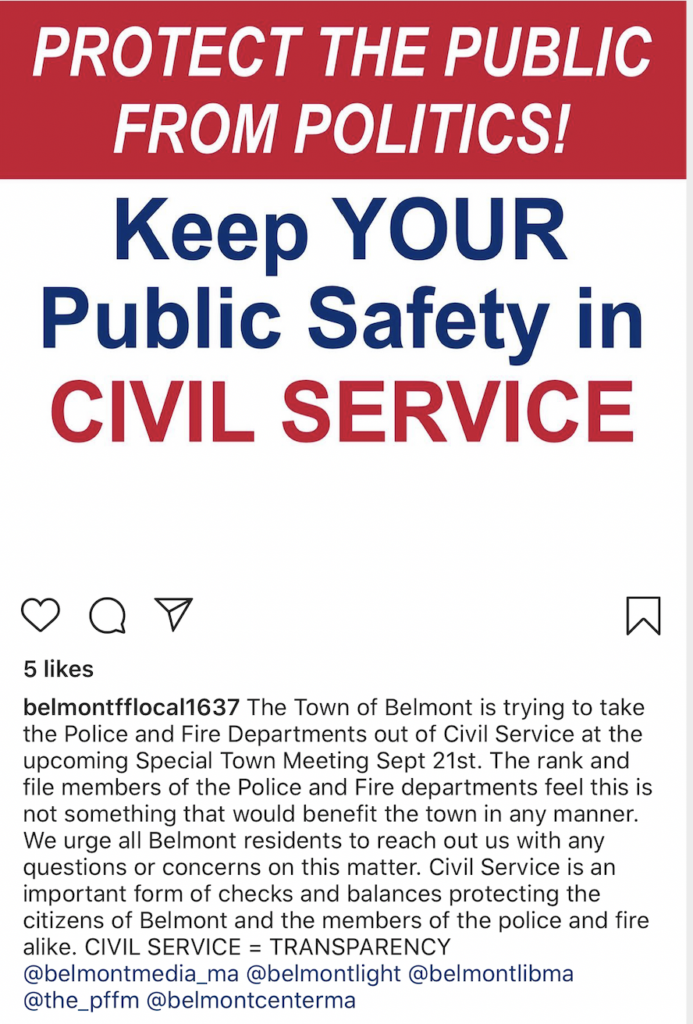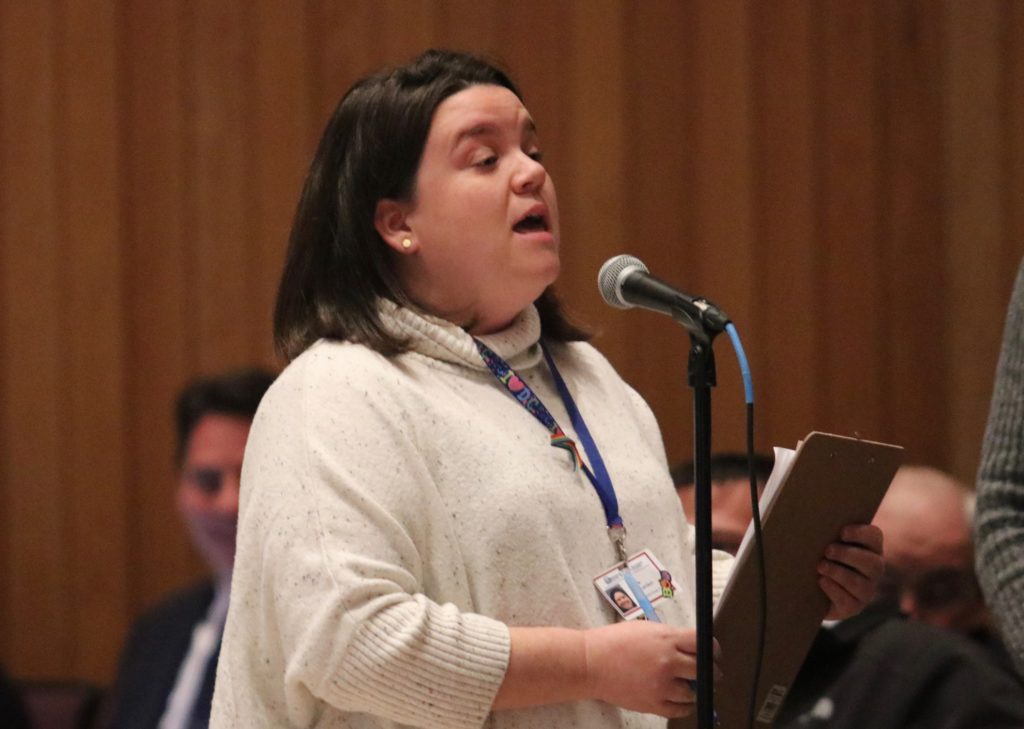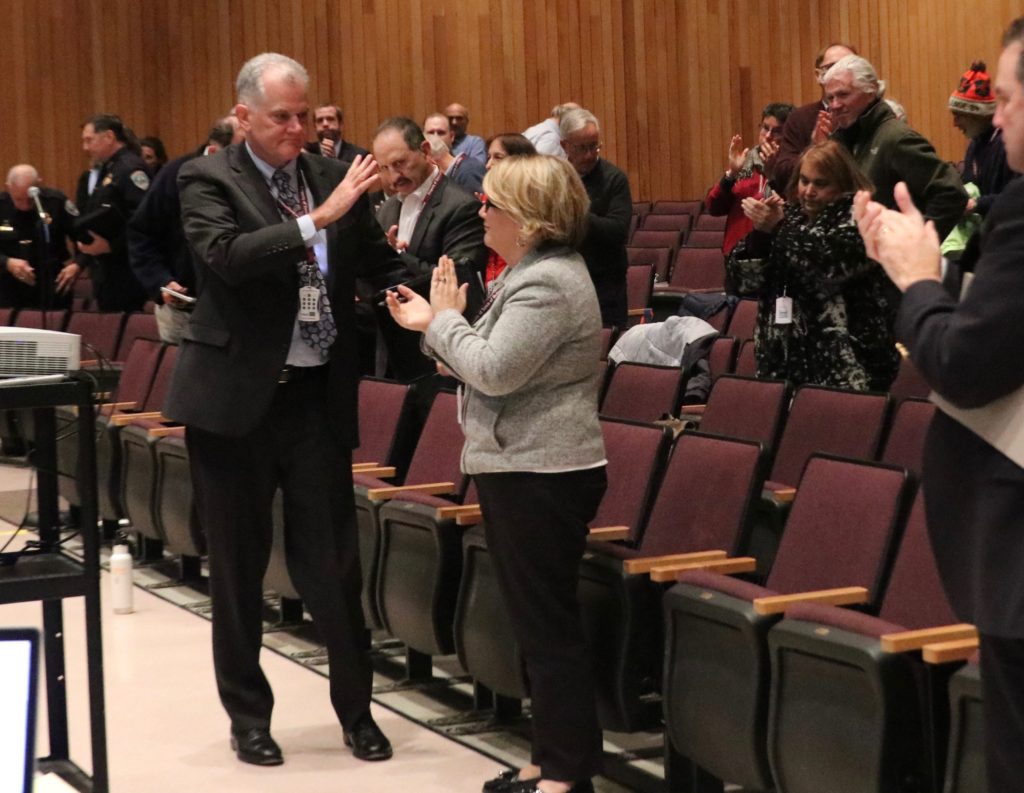Photo: The current board of assessors (from left) Charles R. Laverty, Robert P. Reardon, Patrick Murphy with Dan Dargon, the Assessing Administrator
A winter Special Town Meeting is all set as the Belmont Select Board opened and closed the warrant for an all-virtual meeting assembly dedicated to a single proposition: to transition the Board of Assessors from an elected to an appointed council.
The fully remote meeting will occur on Monday, Jan. 22, 2024, at 7 p.m.
The article awaiting the members originated as a citizen petition from Precinct 8’s Angus Abercrombie for the fall Special Meeting in November. Due to the heavy agenda facing the meeting, Moderator Mike Widmer asked Abercrombie to have the petition moved to the new year, where it would receive the attention it deserved.
A recommendation in a 2022 review of the town’s financial structure by the Edward J. Collins, Jr. Center for Public Management at UMass Boston, the change in the Board of Assessors structure will bring an essential element in the town’s fiscal structure under the umbrella of the financial director. Earlier this year, the post of Town Treasurer was made an appointed position.
The current board comprises long-time Chair Robert P. Reardon, Charles R. Laverty, III, and Patrick J. Murphy, IV.


